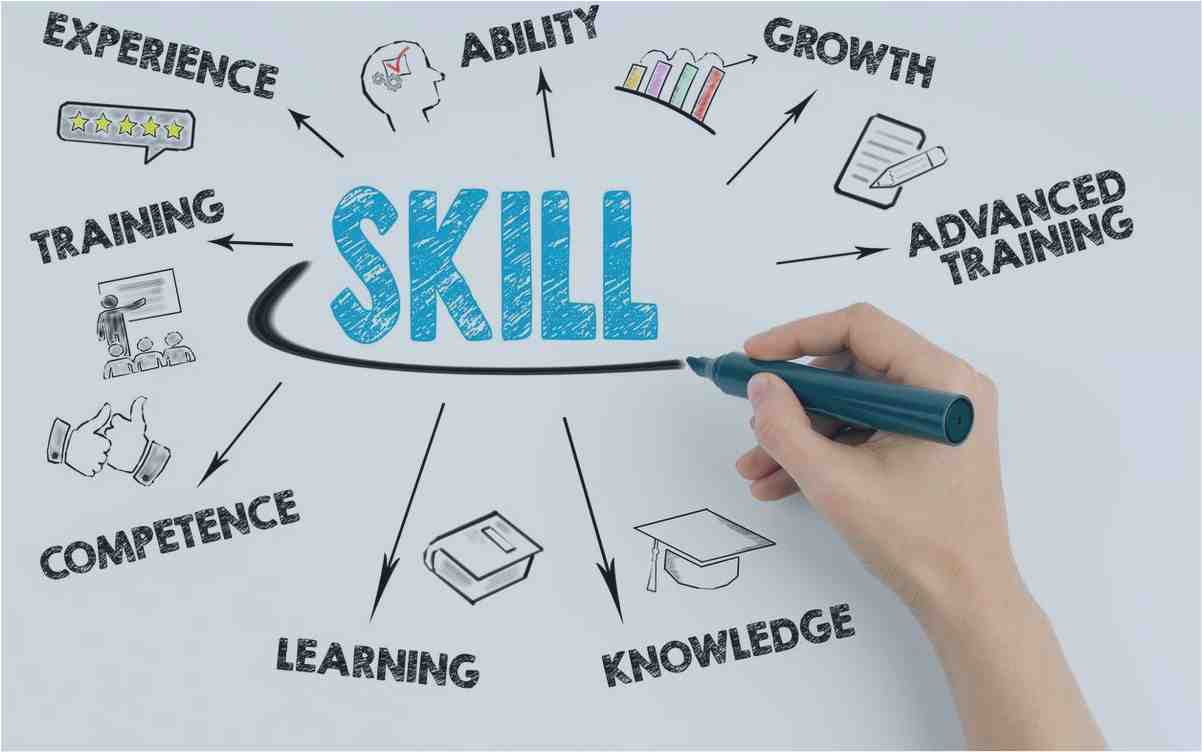
India Has the Opportunity to
Become the World's Skill Capital
Unemployment in India is a complex challenge exacerbated by the mismatch between the skills possessed by the youth and the requirements of employers. The absence of synchronized skill courses with global standards leads many to seek odd jobs abroad, highlighting the pressing need for a transformative solution. The recently announced India International Skill Centres (IISCs) present a groundbreaking opportunity to address this gap, potentially propelling India to become the world’s skill capital.
In the Union Budget of 2023-24, Finance Minister Nirmala Sitharaman unveiled plans to establish 30 IISCs, recognizing the demographic dividend of India’s young workforce. These centers aim to provide international standard skill training and certifications, bridging the global workforce shortage. The comprehensive approach includes a network of partner organizations and overseas recruiters, working in collaboration with the National Skill Development Corporation (NSDC) to aggregate demand from overseas markets.

IISCs are not merely training centers; they offer a spectrum of services, including mobilization, counseling, skill training, pre-departure orientation, foreign language training, placement, immigration assistance, and post-placement support. Memorandums of understanding with countries like Germany, the UK, France, Australia, Japan, and Qatar underscore India’s commitment to aligning its skill development initiatives with global standards.
The inauguration of the first Skill India International Centre in Odisha in April 2022 marks a significant step towards making IISCs a pan-India institution. The NSDC’s responsibility to establish 30 IISCs, including one in Punjab, through public-private partnerships under PKVY, emphasizes the need for a comprehensive strategy. However, addressing the mismatch between young skills and aspirations for global placements is crucial, calling for a legal framework to safeguard the interests of Indian youth and their families.
The India Skill Report 2023 showcases a positive trend, with overall employability among young people increasing from 46.2 percent to 50.3 percent. Notably, the employability rate for women has risen significantly to 52.8 percent, surpassing men at 47.2 percent. These statistics highlight the positive impact of skill development initiatives and the potential for further growth.
Recognizing the urgency of closing the skill gap, corporate social responsibility (CSR) initiatives are increasingly investing in skill development in India. This collaboration between the government and the corporate sector underscores the collective effort needed to bridge the skill divide and prepare the youth for gainful employment.

The ‘Global Skill Gap Study’ conducted by NSDC in partnership with Ernst & Young sheds light on opportunities for the Indian workforce in the face of global workforce shortages. Opportunities abound in diverse sectors such as truck driving, construction, nursing, wellness, IT, and culinary arts. Prioritizing the skilling of youth becomes imperative to tap into these opportunities.
In his address at the Pravasi Bharatiya Divas convention, Prime Minister Narendra Modi emphasized India’s potential to become the world’s skill capital. This vision goes beyond being a knowledge center, positioning India as the engine of global growth through skill development. This call to action aligns with the urgent need to address the challenges of low business sentiment, growing inequalities, weak demand, and slow economic recovery in the Indian job market.
India’s journey towards becoming the world’s skill capital is both a visionary and pragmatic approach to solving the multi-faceted challenge of unemployment. With the establishment of IISCs, strategic partnerships, a pan-India approach, and a commitment to ethical global placements, India is poised to unleash the full potential of its youth and emerge as a global leader in skill development and workforce readiness.
